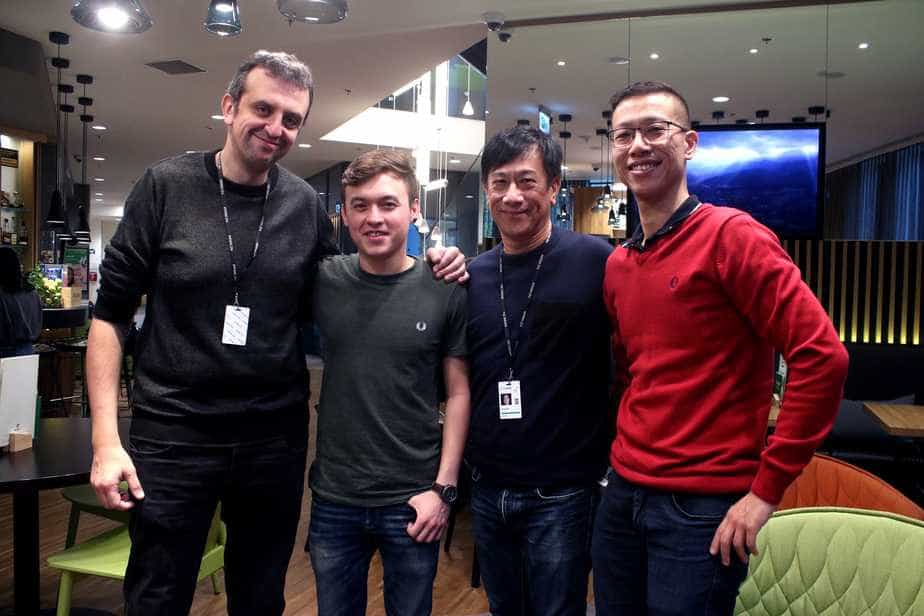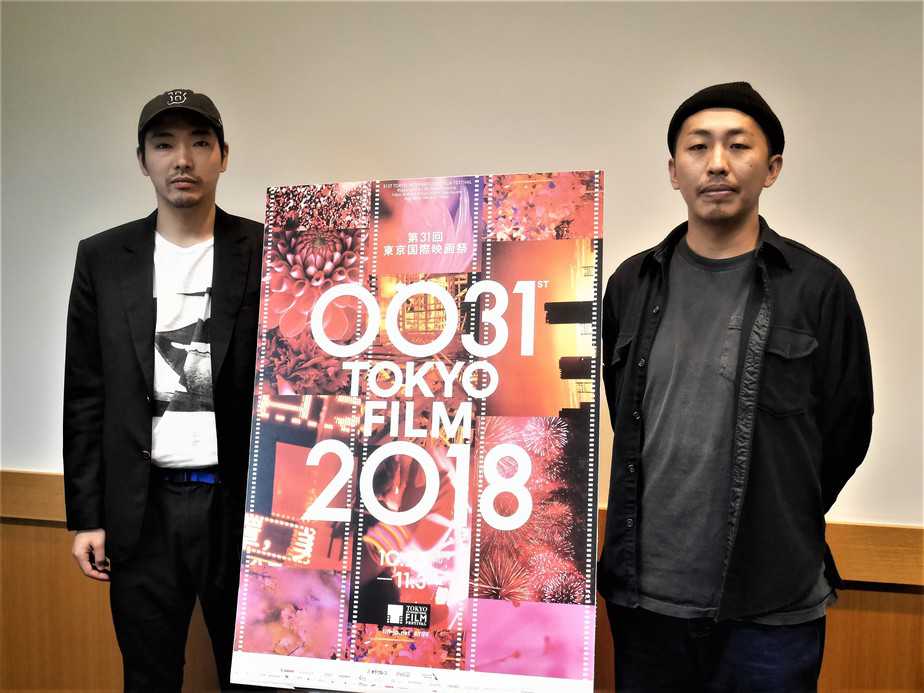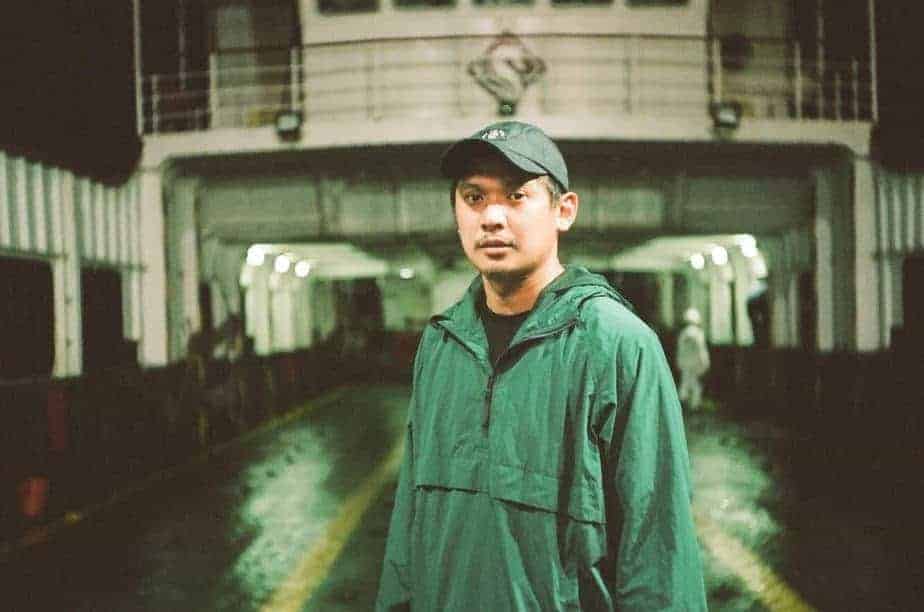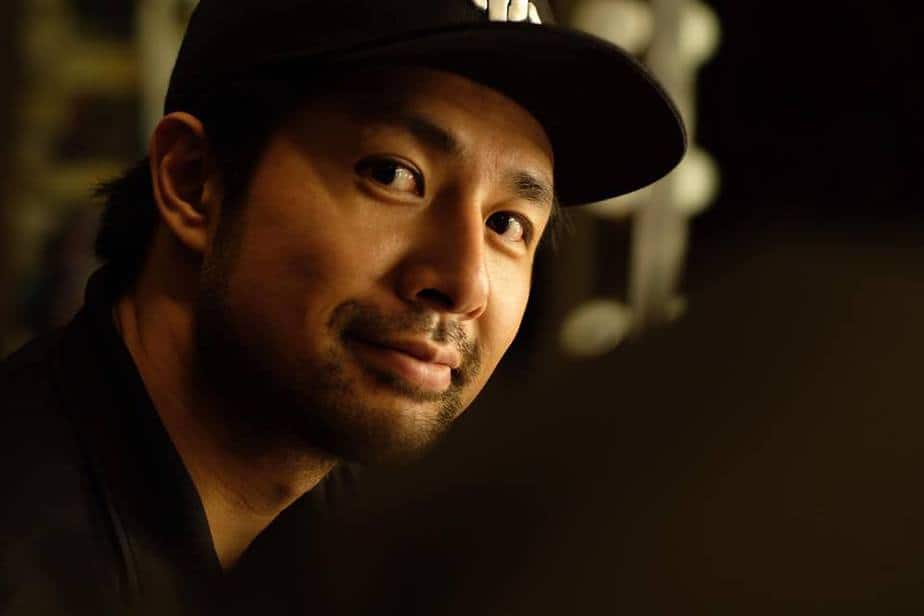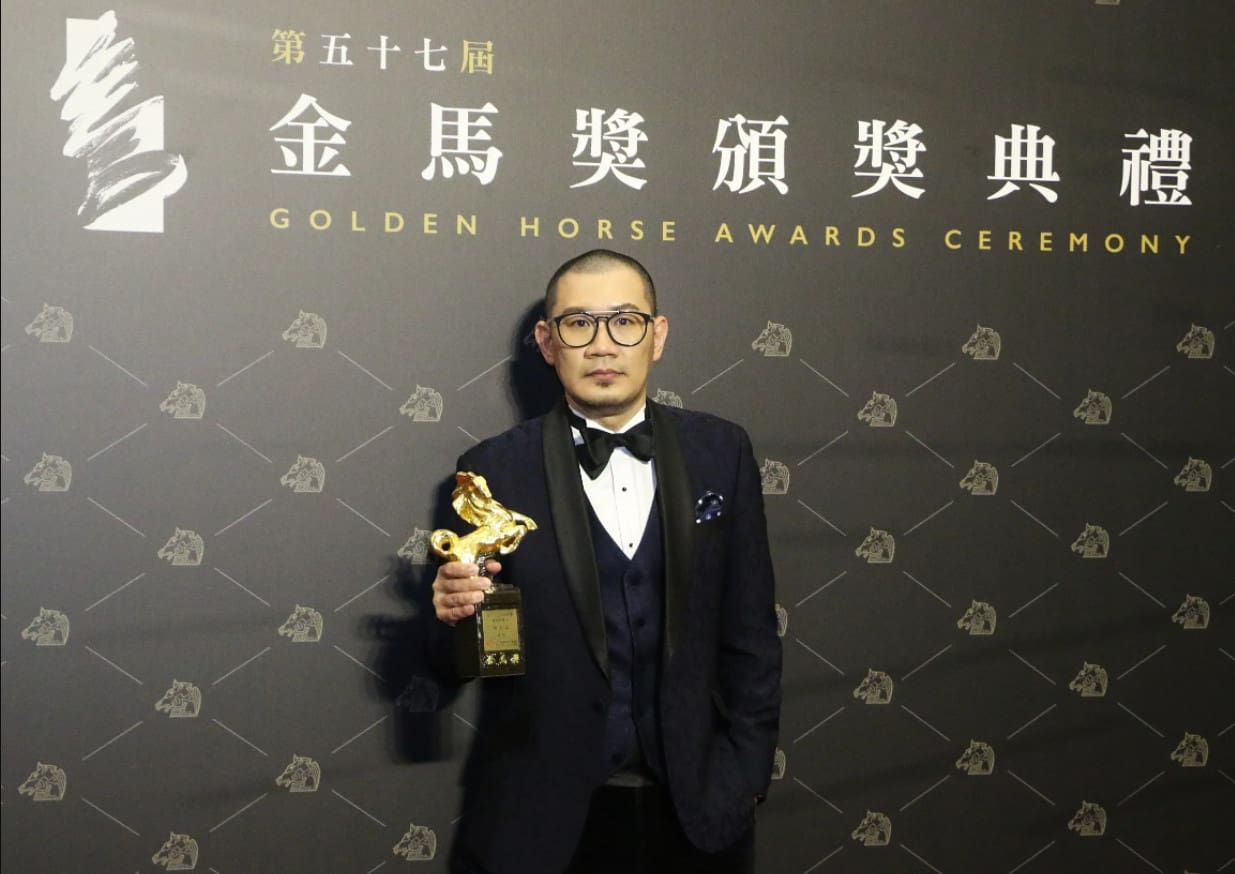Liu Jian is a Chinese animator and film director based in Nanjing. Having originally studied painting at Nanjing University of the Arts, he begin making animations in 1995. In 2007 he founded Le-joy Animation Studio. His first full-length animation Piercing I premiered at the Holland Animation Film Festival. His second feature-length film Have a Nice Day premiered in competition at the 2017 Berlin International Film Festival and won Best Animation Feature at the 54th Golden Horse Awards.
On the occasion of “Have A Nice Day” screening in New York and its opening in Los Angeles, this Friday, February 2, we speak with him about the film.
Full list of cities and theaters:
https://strandreleasing.com/films/have-a-nice-day
The story of “Have A Nice Day” is intricate and kind of reminded me of Tarantino movies. How did you came up with the story and was Tarantino one of your influences?
I like Tarantino's films. Of course many others also influenced me including Clint Eastwood, Takeshi Kitano, and The Cohen Brothers.
I like the cinematic language of genre films, and the idea of genre has had an influence on my filmmaking. “Have A Nice Day” is a an art-house animated film touching on serious themes, that is also in some ways a combination of black comedy, fantasy, and crime story elements.
The film makes a connection between freedom and consumerism. What is your opinion on this subject? It is a pragmatic and secular explanation of freedom. It is both absurd and authentic.
“Have A Nice Day” is an animation film, but it's penetrated through and through with the philosophy of realism. The film portrays an urban story that takes place on the edges of a southern Chinese city. There are so many uncertainties and possibilities to be imagined in such a dynamic and lively space as the city's borderlands. What some might call surrealism is often the reality there, and that is fascinating to me in itself. I love to observe and reflect on how people there are living, thinking, and acting. The cultural landscapes of the city's edges and the people who live there are one of the main sources and inspirations for my work.
At the same time, the coexistence of realism and symbolism emphasizes the fantasy and the absurdity of these characters and their stories. In modern China, magical realism is happening around us almost every day. Life at times can resemble a surreal comedy that is filled with both jubilance and self-paralysis.
The drawing style focuses on the background mostly, rather than the foreground. Why did you choose this approach?
My favorite artistic style (and in fact my artistic philosophy) is plain and simple. In this film, I use the minor actions and subtle movements of the characters to evoke their emotions, which, along with the vivid landscapes and interiors the characters exist in, constitute the poetic, and in some sense sad and melancholy, aesthetic philosophy of the film. In my eyes, this film as a whole can be seen as a landscape painting representing modern China.
What is the situation with the Chinese animation scene at the moment? Is it difficult shooting an animation there, particularly regarding the costs?
I don't quite know the situation. My focus is on my own work.
Can you tell us a bit about your next project, “School Town”?
It's already in production.



